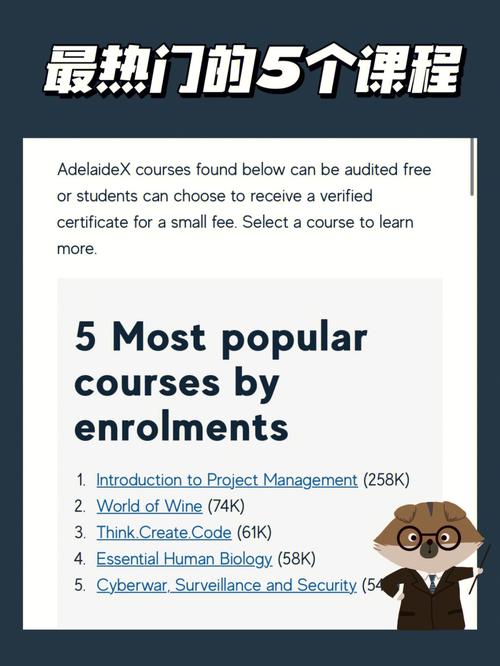Find a Uni Course: A Comprehensive Guide
Embarking on the journey to find the perfect university course can be both exciting and overwhelming. With countless options available, it’s essential to approach this process systematically. In this guide, we will explore various dimensions to help you make an informed decision. Let’s dive in!
Understanding Your Interests and Goals
Before you start exploring courses, it’s crucial to have a clear understanding of your interests and career goals. Reflect on the following questions:

- What subjects or fields do you enjoy the most?
- Are you looking for a course that will lead to a specific career path?
- Do you have any specific skills or talents you want to develop?
Answering these questions will help you narrow down your options and focus on courses that align with your passions and aspirations.
Researching University Courses
Once you have a general idea of what you’re interested in, it’s time to start researching specific courses. Here are some steps to guide you:
- University Websites: Visit the websites of universities you’re interested in. Look for course catalogs or search for specific courses using the search function.
- Course Rankings: Check out rankings and reviews of courses and universities. Websites like QS World University Rankings and Times Higher Education can provide valuable insights.
- Student Testimonials: Read testimonials and reviews from current and former students. This can give you a sense of the course’s reputation and the learning experience.
When researching courses, pay attention to the following aspects:
- Course Content: Ensure the course covers the topics and subjects you’re interested in.
- Course Structure: Consider the course’s structure, including the number of modules, assessments, and contact hours.
- Career Opportunities: Look for courses that offer internships, placements, or career support.
Evaluating University Facilities and Resources
University facilities and resources can significantly impact your learning experience. Here are some factors to consider:

- Library and Learning Resources: Ensure the university has a well-stocked library and access to online resources.
- Laboratories and Equipment: If you’re studying a science or engineering course, check that the university has the necessary laboratories and equipment.
- Technology and IT: Ensure the university provides reliable IT support and access to the latest technology.
Considering Location and Campus Life
The location of the university and the campus environment can also play a significant role in your experience. Here are some factors to consider:
- City or Town: Research the city or town where the university is located. Consider factors like safety, cost of living, and cultural opportunities.
- Campus Facilities: Look for universities with a range of campus facilities, such as sports centers, gyms, and student unions.
- Student Life: Consider the university’s student life and extracurricular activities. This can help you make new friends and develop your interests outside of your studies.
Financial Considerations
When choosing a university course, it’s essential to consider the financial implications. Here are some factors to keep in mind:
- Tuition Fees: Compare tuition fees at different universities and consider any scholarships or funding opportunities available.
- Living Costs: Research the cost of living in the city or town where the university is located.
- Financial Aid: Look for financial aid options, such as grants, loans, and scholarships, to help cover the costs of your studies.
Visiting Universities and Attending Open Days
Visiting universities and attending open days can provide valuable insights into the university’s environment and culture. Here’s what to do:
- Attend Open Days: Open days are a great opportunity to meet staff, students, and tour the campus.
- Arrange Visits: If you can’t attend an open day, arrange to visit the university independently.
- Ask